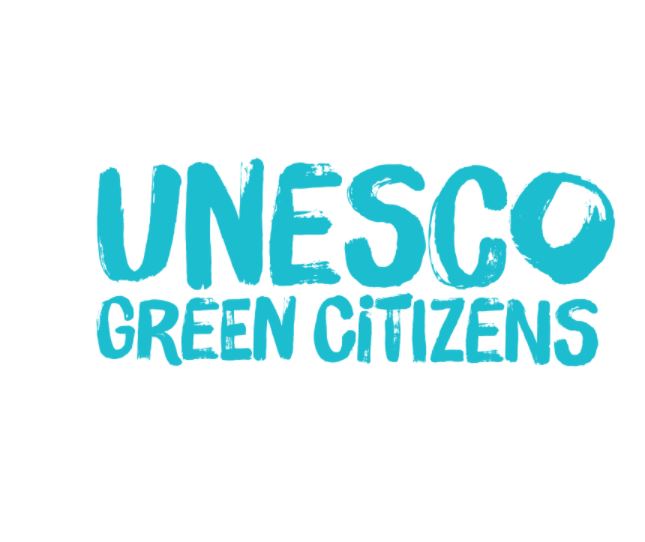::cck::693::/cck::
::introtext::
The Agrobiodiversity project in the lower Rio Negro, in the Amazon is among the initiatives selected by the Unesco Green Citizens campaign. The goal? Attract supporters from different parts of the world to engage in local projects identified as true inspirations towards global change. The Unesco Green Citizens campaign has a platform where you can learn about the projects selected by Unesco teams and groups of observers around the world, based on three criteria: duplicable, innovative and impactful.
Unesco Green Citizens expects to select 100 projects / year. At the moment, about 30 projects are on the newly launched platform, including three Brazilian projects. On the platform, each project has a page that provides an overview of each initiative, photos and a form that allows direct contact between those interested in supporting the initiative – you can be one of them!
On the project form page, you can choose which front you want to support and start the conversation.
Mariana Gama Semeghini, associate researcher at IPÊ, shares how it was to discover that the project she coordinated was among those selected. “At first I was surprised and surprised by Unesco’s contact, as I did not register for any Unesco process. But then I was very honored and proud of the nomination. I consider it a recognition of all the work that IPÊ develops in the Lower Rio Negro in partnership with communities and other institutions”.
About the Project
The Agrobiodiversity project in the lower Rio Negro takes place in Manaus and has the participation of Mariana Gama Semeghini, associate researcher at IPÊ, Márcio Arthur Oliveira de Menezes, Leonardo Pereira Kurihara and Thiago Mota Cardoso. The actions started in 2005, with the proposal to combine biodiversity conservation with sustainable development, through agroforestry systems, valorization of local knowledge, and entrepreneurship; all of this in an area threatened by deforestation in the Amazon. To date, the project has directly benefited around 50 families.
The researchers seek to stimulate social and ecological solutions generated in the communities for the development and consolidation of agroecological production systems and agrobiodiversity products (jams, cookies and sweets) aligned with the conservation of biodiversity.
Participatory research, training and exchange of knowledge and experiences between researchers and communities (traditional knowledge and technical / scientific knowledge) are among the strategies identified as a way of valuing local knowledge and contributing to communities’ income generation, through entrepreneurship, including the strengthening of local organizations, business partnerships, in addition to marketing based on the principles of solidarity economy and fair trade. It is worth mentioning the training and participation of groups of women from the communities in regional and national markets for the marketing of products. The group also participates in Community Based Tourism tours in the region, with the organization of breakfast made from regional products.
::/introtext::
::fulltext::::/fulltext::
::cck::693::/cck::


